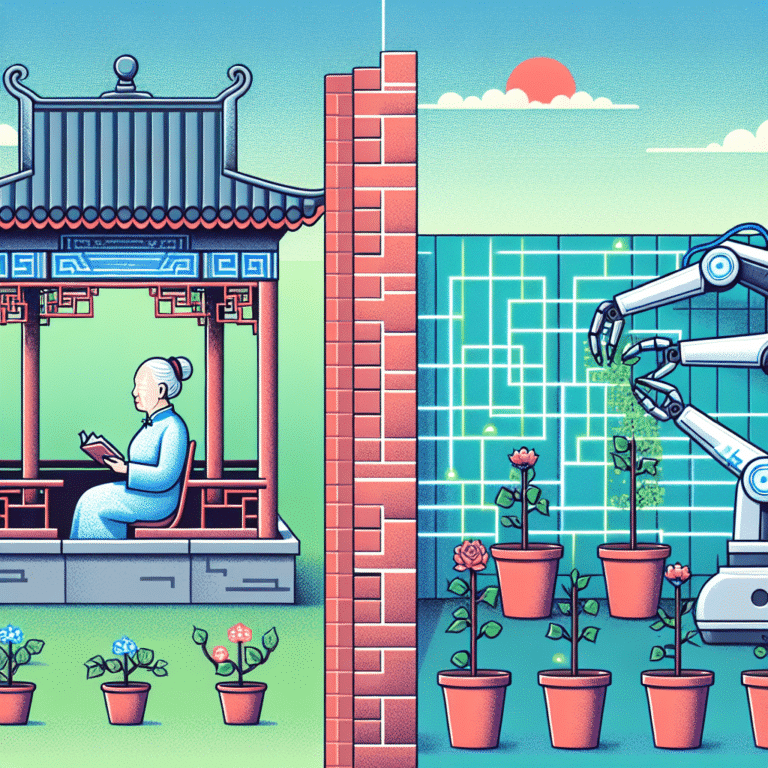Summary
- AI technology comprises AI and Augmented Intelligence, aiming to automate routine tasks and support human activities in daily life and work.
- The field of AI technology is divided into Neural Networks for cognitive tasks and Robotics for physical tasks.
- Deep learning, the current popular AI technology, relies on algorithmic models trained on big data to perform tasks like regression prediction and clustering.
- The Grey Model, a system proposed in 1982, has been widely applied in various domains for prediction and forecasting.
- The integration of AI in social pension services has revolutionized elderly care, optimizing resources and enhancing service quality by leveraging innovative technology, data analytics, and smart home solutions.
In a recent academic study on artificial intelligence (AI) and its impact on elderly care services, researchers have highlighted the crucial role of technology in transforming the way we care for our senior citizens. The study delves into the use of AI in enhancing the quality of care provided to the elderly, emphasizing the importance of personalized and efficient services tailored to their unique needs.
The research discusses how AI technologies can revolutionize the field of elderly care, redefining the way services are delivered to promote the well-being of the aging population. By integrating cutting-edge AI tools and capabilities, service providers can craft innovative solutions that cater to the evolving needs of the elderly, enhancing the overall quality of care provided.
One of the key aspects highlighted in the study is the concept of “AI-empowered community home-based care services.” This approach combines technologies such as the Internet of Things and big data analytics to create a comprehensive and user-friendly smart home nursing care system. By leveraging the power of technology, service providers can offer a wide range of services that meet the diverse needs of the elderly, promoting their health and happiness.
Furthermore, the study underscores the importance of creating a supportive environment for the elderly within communities. By implementing the “eight platforms and six guarantees” system model, researchers suggest focusing on essential service categories and macro-environmental factors that contribute to the successful implementation of elderly care services. This holistic approach aims to improve the quality of care and ensure that the elderly receive the support they need to thrive in their communities.
Overall, the research highlights the transformative potential of AI in reshaping elderly care services, emphasizing the need for innovative solutions that prioritize the well-being and comfort of our senior citizens. By embracing technology and tailoring services to meet the unique needs of the aging population, we can ensure a brighter and more fulfilling future for our elderly loved ones.
Source link
Geriatrics, Public Health & Prevention, Artificial Intelligence


